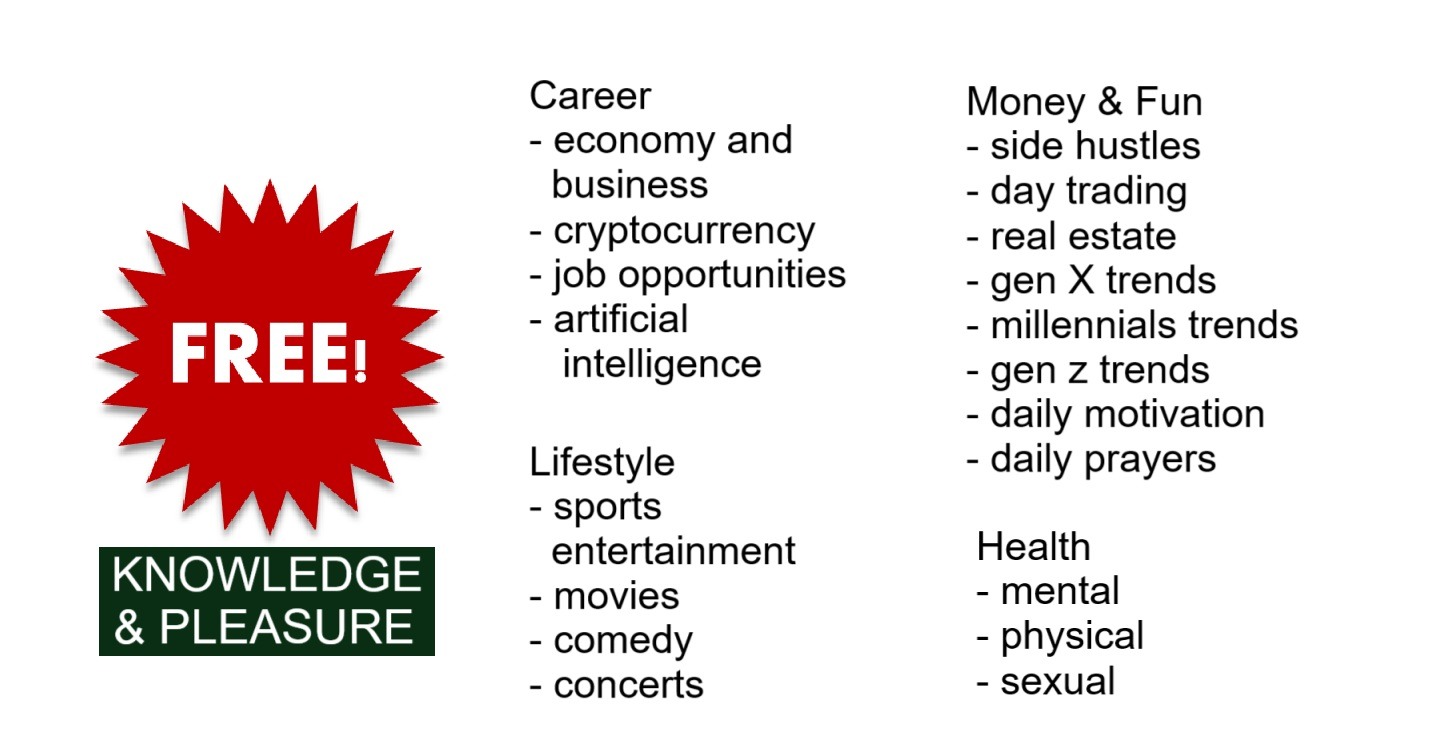Last Updated on April 12, 2025 by Royce Pierpont
The air transportation industry, while vital to global connectivity, is susceptible to economic downturns, technological advancements, and unforeseen events. A layoff in this sector can be a jarring experience, leaving skilled professionals grappling with uncertainty and the daunting task of re-entering the job market. This comprehensive guide is designed to provide air transportation professionals facing job loss, or those fearing it, with a roadmap to navigate these turbulent times and successfully re-engineer their careers for a brighter future.
Understanding the Landscape: Challenges in the Air Transportation Job Market
Before embarking on your job search, it’s crucial to understand the specific challenges you’ll likely encounter:
- Economic Volatility: The air transportation industry is highly sensitive to economic fluctuations, fuel prices, and geopolitical events. Layoffs often occur during periods of reduced travel demand or financial instability, creating a competitive job market with many professionals vying for limited positions.
- Rapid Technological Advancements: The industry is undergoing a technological revolution, with increasing automation in areas like baggage handling, ticketing, and even flight operations. This can lead to obsolescence of certain skills and job roles, requiring professionals to adapt and acquire new competencies.
- Artificial Intelligence (AI) and Automation: AI is increasingly being used for tasks such as predictive maintenance, route optimization, and customer service. While AI can enhance efficiency, it also poses a risk of job displacement in areas where tasks can be automated.
- Robotics and Automation: Robotics are being implemented in areas like aircraft maintenance and cargo handling. While these technologies improve efficiency and safety, they can also lead to a reduction in the need for human labor in certain roles.
- Education and Training Constraints: Specialized roles in aviation often require specific certifications and licenses, which can be expensive and time-consuming to obtain. This can be a barrier to entry for professionals seeking to transition to new roles or industries.
- Competition from Within and Without: You’ll be competing with fellow laid-off air transportation professionals, as well as individuals from other industries with transferable skills. Understanding your competition and differentiating yourself is essential.
- Skill Obsolescence: If your previous role relied on outdated technologies or processes, you may face challenges demonstrating your relevance in today’s job market.
Re-Engineering Your Career: A Strategic Approach
Overcoming these challenges requires a proactive and strategic approach to re-engineering your career:
- Self-Assessment:
- Identify Your Skills: Create a comprehensive list of your technical, soft, and transferable skills. Consider skills gained through formal training, on-the-job experience, and personal projects.
- Assess Your Interests and Values: What are you passionate about? What kind of work environment do you thrive in? Understanding your interests and values will help you identify fulfilling career paths.
- Evaluate Your Strengths and Weaknesses: Be honest about your strengths and weaknesses. Focus on leveraging your strengths while addressing areas for improvement.
- Industry Research:
- Explore Growth Areas: Identify sectors within and outside air transportation that are experiencing growth and demand for skilled professionals.
- Research Emerging Technologies: Stay updated on the latest technological trends in aviation and related industries.
- Analyze Job Market Trends: Use online job boards, industry publications, and networking to understand current job market trends and employer needs.
- Skill Development and Training:
- Address Skill Gaps: Identify any skill gaps that may hinder your job search and pursue relevant training or certifications.
- Embrace Lifelong Learning: Demonstrate a commitment to continuous learning by taking online courses, attending workshops, or pursuing advanced degrees.
- Consider Cross-Training: Explore opportunities to cross-train in different areas of aviation or related industries to broaden your skillset.
- Resume and Cover Letter Optimization:
- Highlight Relevant Skills: Tailor your resume and cover letter to each job application, highlighting the skills and experience that are most relevant to the specific role.
- Quantify Your Achievements: Use metrics to quantify your accomplishments and demonstrate the value you brought to your previous employer.
- Showcase Transferable Skills: Emphasize transferable skills such as problem-solving, communication, teamwork, and leadership.
- Networking:
- Leverage Your Existing Network: Reach out to former colleagues, classmates, and industry contacts to let them know you’re seeking new opportunities.
- Attend Industry Events: Attend conferences, trade shows, and networking events to connect with potential employers and learn about job openings.
- Join Professional Organizations: Join relevant professional organizations to expand your network and access industry resources.
- Use Social Media: Utilize platforms like LinkedIn to connect with professionals in your field and showcase your skills and experience.
- Job Search Strategies:
- Online Job Boards: Utilize online job boards such as Indeed, LinkedIn, and Aviation JobNet to search for job openings.
- Company Websites: Visit the websites of companies you’re interested in working for and check their career pages for job openings.
- Recruiting Agencies: Partner with recruiting agencies that specialize in aviation and related industries.
- Informational Interviews: Conduct informational interviews with professionals working in your target roles or industries to learn about their experiences and gain insights.
- Interview Preparation:
- Research the Company: Thoroughly research the company you’re interviewing with to understand their mission, values, and culture.
- Prepare for Common Interview Questions: Practice answering common interview questions such as “Tell me about yourself,” “What are your strengths and weaknesses,” and “Why are you interested in this role?”
- Prepare Questions to Ask: Prepare thoughtful questions to ask the interviewer to demonstrate your interest and engagement.
- Practice Your Interview Skills: Practice your interview skills with a friend, family member, or career coach.
Identifying and Competing with Your Competition
Your competition for new roles will likely come from several sources:
- Fellow Laid-Off Air Transportation Professionals: Individuals with similar skills and experience seeking similar roles.
- Professionals from Related Industries: Individuals with transferable skills from industries such as logistics, transportation, and manufacturing.
- Recent Graduates: Entry-level candidates with fresh skills and knowledge.
To effectively compete against these individuals:
- Highlight Your Unique Value Proposition: Differentiate yourself by emphasizing your unique skills, experience, and accomplishments.
- Demonstrate Your Adaptability: Showcase your willingness to learn new skills and adapt to changing industry trends.
- Emphasize Your Industry Knowledge: Leverage your understanding of the air transportation industry to demonstrate your value to potential employers.
- Network Strategically: Build relationships with key decision-makers and influencers in your target industries.
Beyond Air Transportation: Exploring Alternative Career Paths
While remaining in the air transportation industry may be your primary goal, it’s wise to explore alternative career paths that leverage your skills and experience:
- Logistics and Supply Chain Management: Your experience in managing the movement of people and goods can be valuable in logistics and supply chain roles.
- Transportation and Infrastructure: Your knowledge of transportation systems can be applied to roles in transportation planning, engineering, and management.
- Technology and Software Development: If you have experience with aviation technology, consider roles in software development, data analysis, or cybersecurity.
- Customer Service and Hospitality: Your experience in providing customer service in the air transportation industry can be valuable in hospitality and customer service roles.
Maintaining a Positive Mindset
Job loss can be a stressful and emotional experience. It’s essential to maintain a positive mindset and prioritize your well-being:
- Seek Support: Connect with friends, family, or a career counselor for support and guidance.
- Practice Self-Care: Engage in activities that promote your physical and mental well-being, such as exercise, meditation, or spending time in nature.
- Stay Persistent: Don’t get discouraged by rejections. Keep applying for jobs and networking until you find the right opportunity.
- Celebrate Small Successes: Acknowledge and celebrate your accomplishments along the way to stay motivated.
Conclusion
A layoff in the air transportation industry can be a challenging experience, but it’s also an opportunity to re-evaluate your career goals, acquire new skills, and explore new possibilities. By understanding the challenges, developing a strategic approach, and maintaining a positive mindset, you can navigate these turbulent times and successfully re-engineer your career for a brighter future. Remember, your skills and experience are valuable assets. With perseverance and the right strategies, you can find a fulfilling and rewarding career path.









